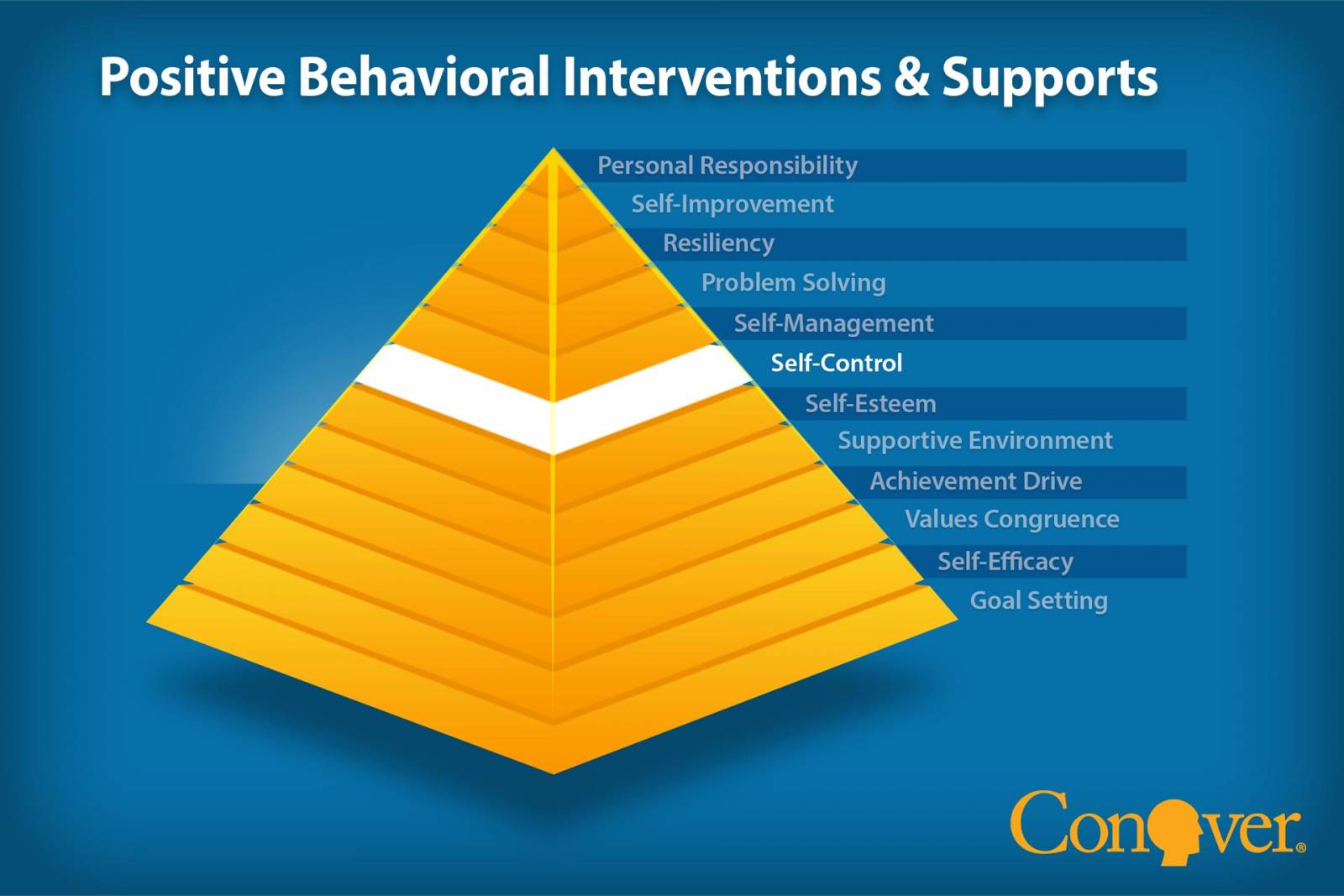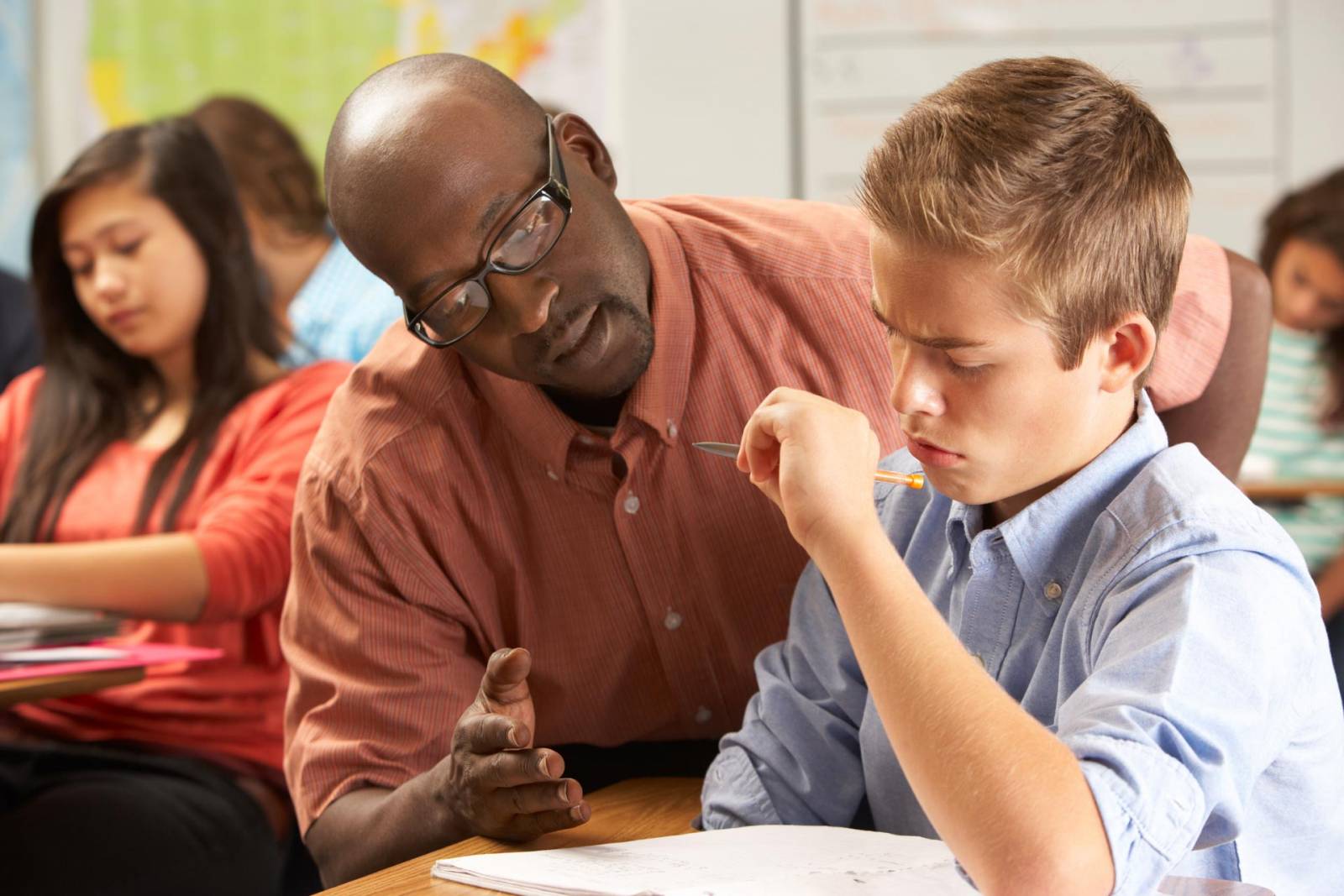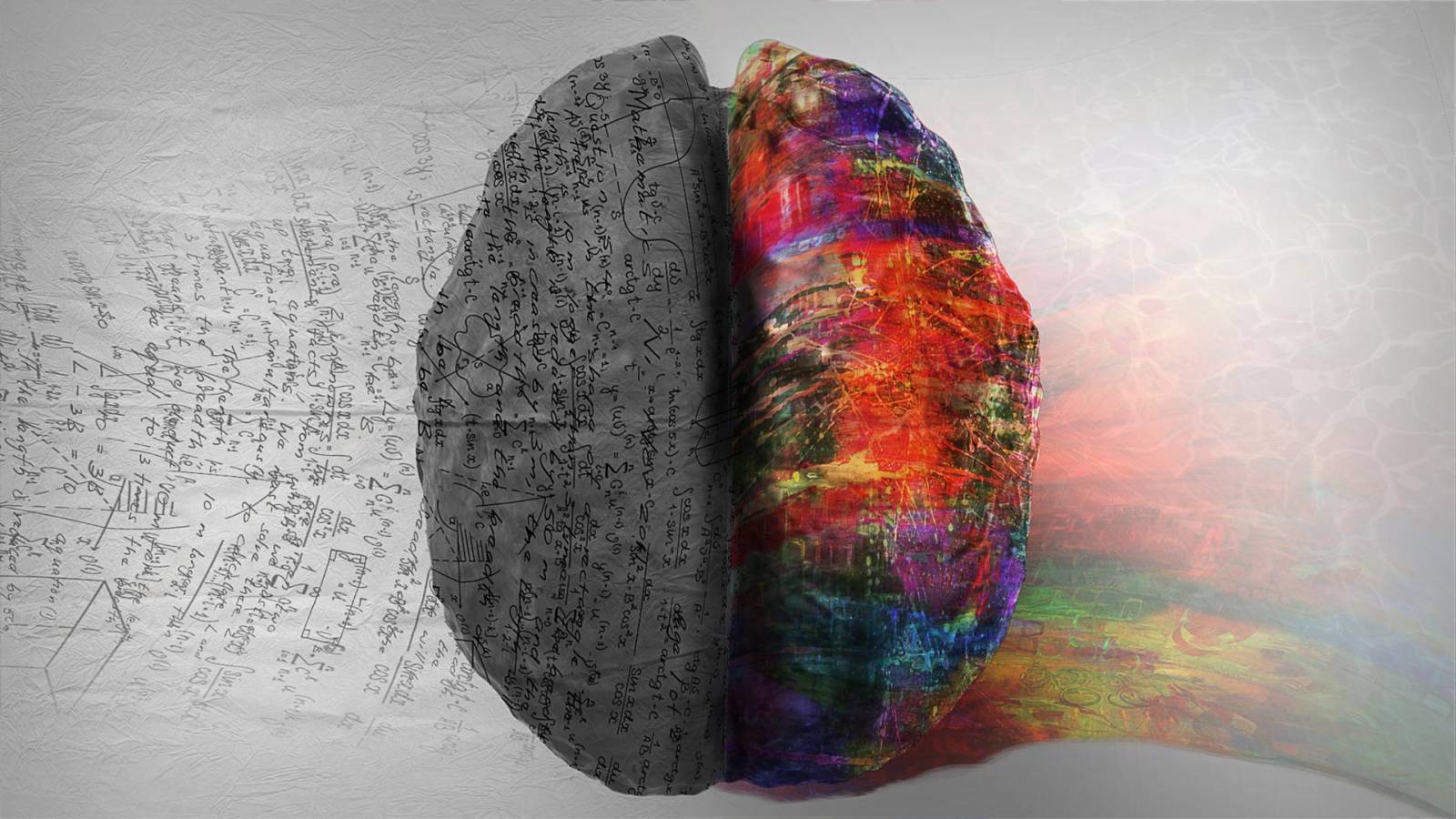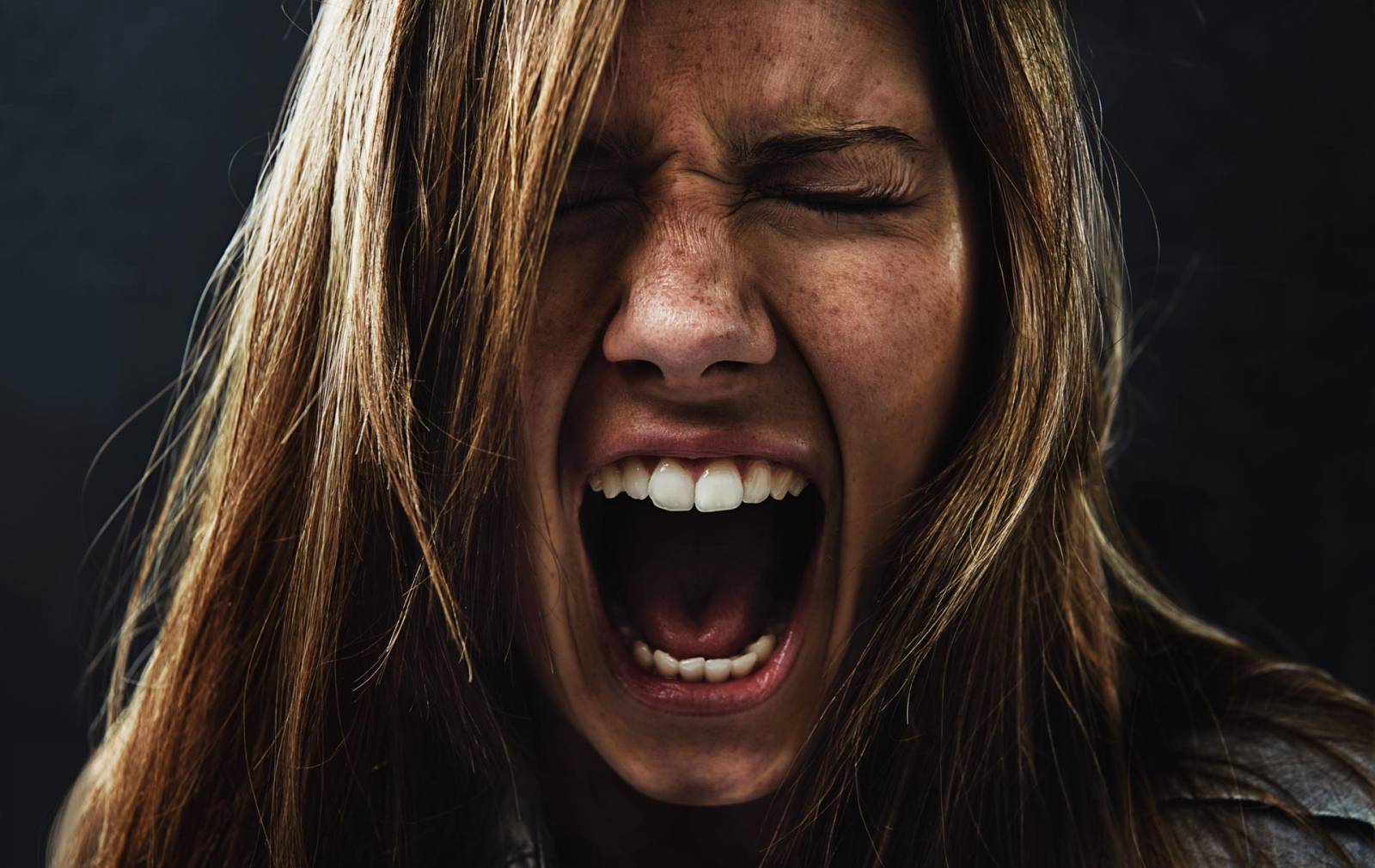
Self-control is the seventh scale of our Personal Responsibility Map®, our core assessment in our Personal Responsibility program. Self-control is the ability to handle personal feelings and emotions in difficult life situations. In the PBIS process, developing self-control in students is vital for your programs success.
Self Control and PBIS

Positive Behavioral Interventions and Supports (PBIS) is a term that describes the proactive approach of establishing behavioral supports so that students can achieve social, emotional, and academic success. This definition blends the worlds of behavior intervention and academic instruction. In the world of behavior intervention, self-control is the foundation upon which other advanced social/emotional skills are built. When an individual has the skills of self-control, other important skills related to student retention and academic success can be developed.
The Cognitive Brain vs. The Emotional Brain

The first step to developing self-control is really about learning how the brain works. The human brain has multiple thought process going on at the same time. The key to self-control is understanding how the cognitive brain and the emotional brain interact. The cognitive brain deals primarily with the thinking process, while the emotional brain deals more with feelings. These two processes provide a constant, steady flow of information. When difficult situations arise, the emotional brain takes over. The stronger the feeling, the stronger the emotional brain becomes and the weaker the cognitive brain becomes. When someone experiences a feeling such as anger, a battle between the cognitive and emotional brains begins.

Daniel Goleman, in his book Emotional Intelligence, writes about the concept of an “emotional hijacking”. During an emotional hijacking, incorrect actions are the direct result of people’s inability to use the cognitive brain to filter the messages the emotional brain is sending them. We see the results of this emotional hijacking in schools every day with behaviors like violence, bullying, poor grades, and truancy. Developing self-control in your students is a crucial step you can take to minimize these types of behaviors and improve outcomes.
Do you want to learn more about how you can help your students control emotional hijackings, understand their emotions, and control their behavior? Click the free trail link below to get started with our Personal Responsibility Map to see how we measure skills like self-control.
